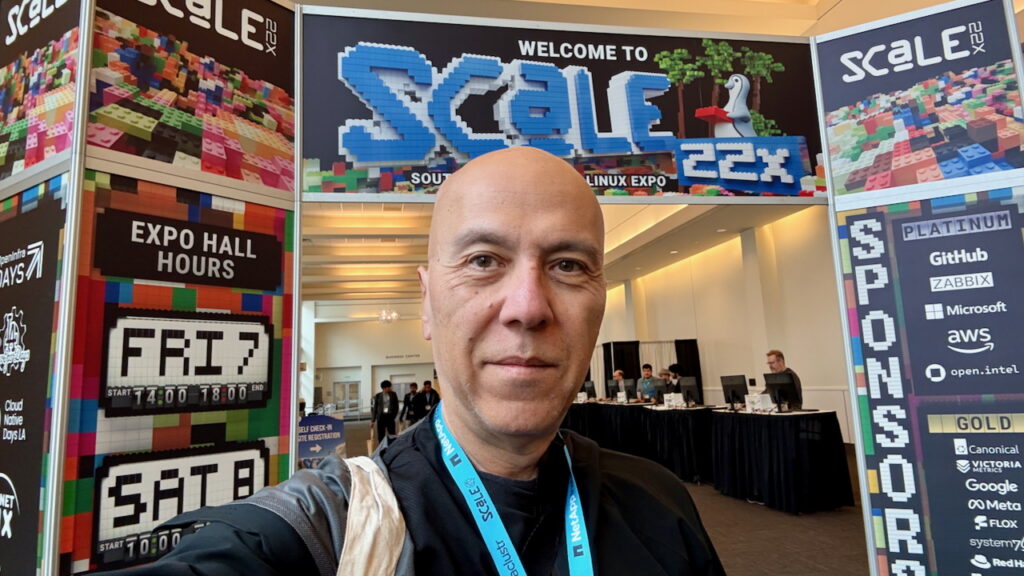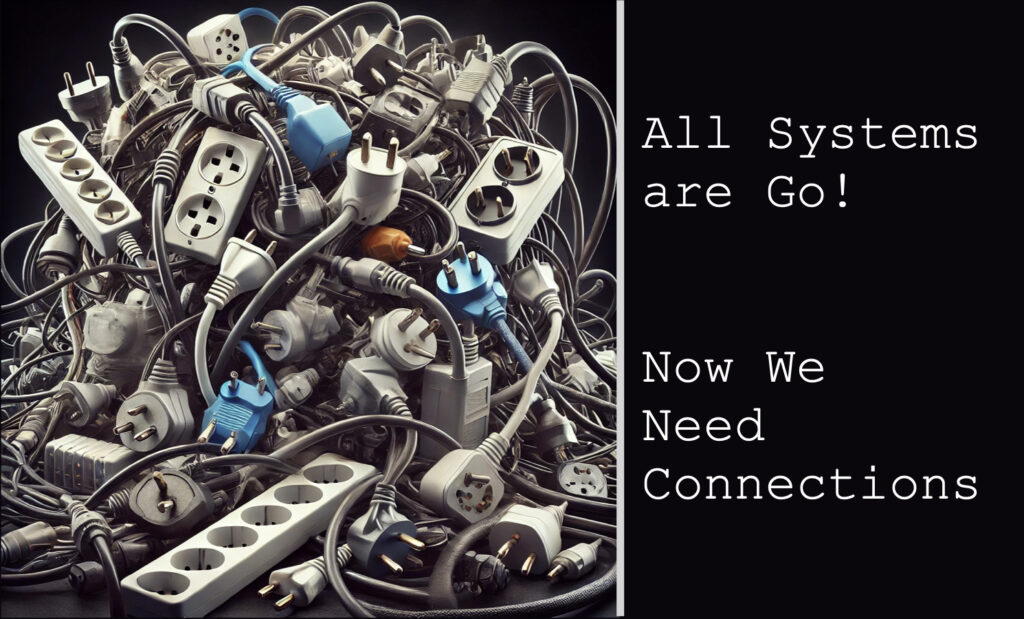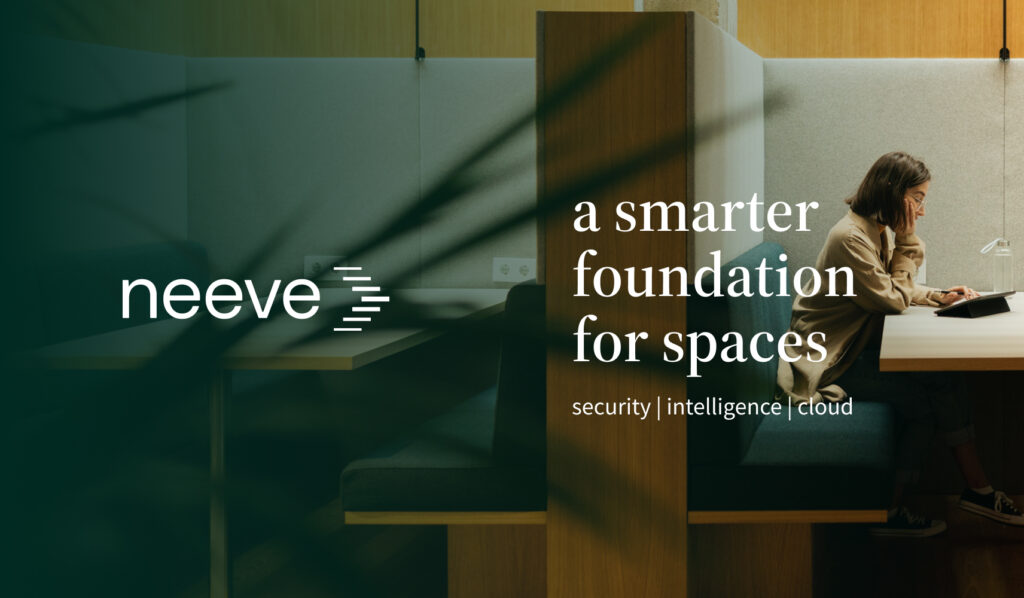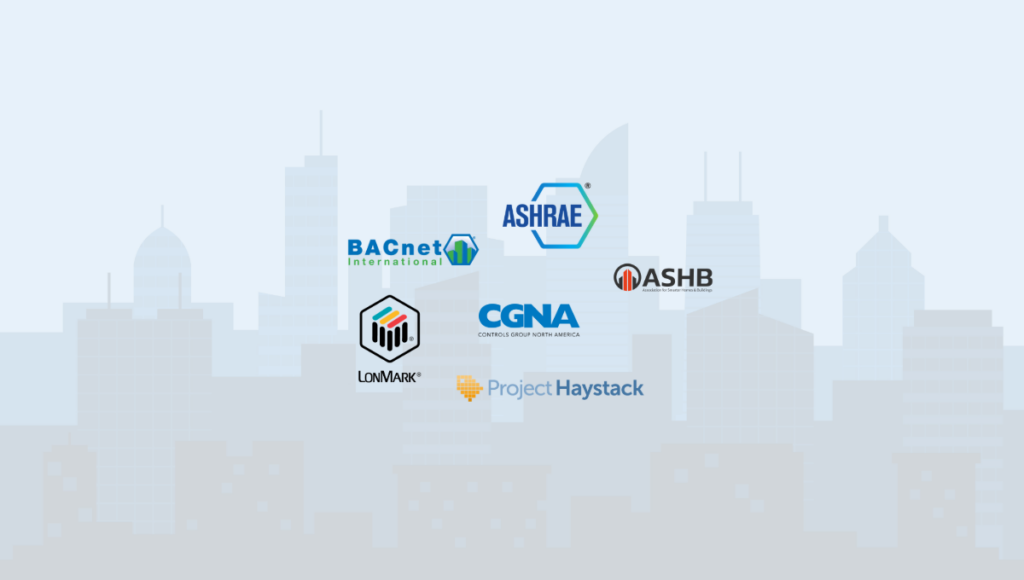
When Black Boxes Conspire: Ai, Digital Twins & Building Controls Could Lock Owners Out
LIVE from SCaLE 22x in Pasadena! Just a few weeks ago, I was at AHR/ASHRAE Expo, searching for answers on how building controls and Digital
Home » SmartBuildings

LIVE from SCaLE 22x in Pasadena! Just a few weeks ago, I was at AHR/ASHRAE Expo, searching for answers on how building controls and Digital

Celebrating Style Over Substance in Smart Buildings As the Academy Awards honor cinematic excellence, we examine how the allure of ‘Hollywood’ BIMs’ visual appeal frequently

Wait… isn’t this what digital twins were built for? When sensors fail, cities burn. Lessons from a city on fire. After weeks of destruction, disarray,

AHR Expo 2025 Insights Part 2 Walking the floor at AHR Expo 2025, one thing was impossible to miss: Thousands of equipment manufacturers were there,

Introducing Neeve, a smarter foundation for spaces. Previously known as View Smart Building Cloud. Cybersecurity. Intelligence. Cloud. Neeve is making spaces work for people.

In the dynamic world of smart buildings, staying ahead of the curve is crucial. Industry associations offer a valuable resource for professionals seeking to expand their knowledge, network, and business opportunities. Many newcomers, although they lack direct experience working in the BAS industry, have a strong understanding of smart technology and grew up with early home automation. The new talent we bring into the industry may also be separated by 6 degrees, highlighting the interconnectedness of our professional networks.

AI is not just a buzzword in the construction and building management industry – it’s a transformative force. By leveraging AI-powered tools and embracing digital maturity, businesses can unlock new levels of efficiency, innovation, and sustainability in the built environment.

Monday, July 22nd Monday live was a discussion around integrating building silos, focusing on the difference between inter-silo (between different industries/domains) and intra-silo (within the

As smart building technology continues to evolve, the issue of data privacy will become increasingly important. Building owners and operators will need to stay abreast of the latest privacy regulations and technologies to ensure they are protecting the personal information of their occupants.

This post explores the challenges and opportunities of integrating various building systems, or “silos,” to achieve greater efficiency and functionality. It emphasizes the importance of understanding use cases and user requirements to unlock the value of data generated by these systems. By focusing on specific use cases and establishing standards for data exchange, the building industry can move towards a more integrated and efficient ecosystem, benefiting tenants, operations teams, and asset managers alike. The TXO (Total Cost of Ownership) framework provides a useful tool for prioritizing investments in data integration and maximizing financial benefits.

LIVE from SCaLE 22x in Pasadena! Just a few weeks ago, I was at AHR/ASHRAE Expo, searching for answers on how building controls and Digital

Celebrating Style Over Substance in Smart Buildings As the Academy Awards honor cinematic excellence, we examine how the allure of ‘Hollywood’ BIMs’ visual appeal frequently

Wait… isn’t this what digital twins were built for? When sensors fail, cities burn. Lessons from a city on fire. After weeks of destruction, disarray,

AHR Expo 2025 Insights Part 2 Walking the floor at AHR Expo 2025, one thing was impossible to miss: Thousands of equipment manufacturers were there,

Introducing Neeve, a smarter foundation for spaces. Previously known as View Smart Building Cloud. Cybersecurity. Intelligence. Cloud. Neeve is making spaces work for people.

In the dynamic world of smart buildings, staying ahead of the curve is crucial. Industry associations offer a valuable resource for professionals seeking to expand their knowledge, network, and business opportunities. Many newcomers, although they lack direct experience working in the BAS industry, have a strong understanding of smart technology and grew up with early home automation. The new talent we bring into the industry may also be separated by 6 degrees, highlighting the interconnectedness of our professional networks.

AI is not just a buzzword in the construction and building management industry – it’s a transformative force. By leveraging AI-powered tools and embracing digital maturity, businesses can unlock new levels of efficiency, innovation, and sustainability in the built environment.

Monday, July 22nd Monday live was a discussion around integrating building silos, focusing on the difference between inter-silo (between different industries/domains) and intra-silo (within the

As smart building technology continues to evolve, the issue of data privacy will become increasingly important. Building owners and operators will need to stay abreast of the latest privacy regulations and technologies to ensure they are protecting the personal information of their occupants.

This post explores the challenges and opportunities of integrating various building systems, or “silos,” to achieve greater efficiency and functionality. It emphasizes the importance of understanding use cases and user requirements to unlock the value of data generated by these systems. By focusing on specific use cases and establishing standards for data exchange, the building industry can move towards a more integrated and efficient ecosystem, benefiting tenants, operations teams, and asset managers alike. The TXO (Total Cost of Ownership) framework provides a useful tool for prioritizing investments in data integration and maximizing financial benefits.
Our LinkedIn group has more than 5000 members + 24K LinkedIn connections
Email sponsors@automatedbuildings.com